O thy bright eyes must answer now,
When Reason, with a scornful brow,
Is mocking at my overthrow;
O thy sweet tongue must plead for me
And tell why I have chosen thee!
Stern Reason is to judgment come
Arrayed in all her forms of gloom:
Wilt thou my advocate be dumb?
No, radiant angel, speak and say
Why I did cast the world away;
Why I have persevered to shun
The common paths that others run;
And on a strange road journeyed on
Heedless alike of Wealth and Power—
Of Glory's wreath and Pleasure's flower.
These once indeed seemed Beings divine,
And they perchance heard vows of mine
And saw my offerings on their shrine—
But, careless gifts are seldom prized,
And mine were worthily despised;
So with a ready heart I swore
To seek their altar-stone no more,
And gave my spirit to adore
Thee, ever present, phantom thing—
My slave, my comrade, and my King!
A slave because I rule thee still;
Incline thee to my changeful will
And make thy influence good or ill—
A comrade, for by day and night
Thou art my intimate delight—
My Darling Pain that wounds and sears
And wrings a blessing out from tears
By deadening me to real cares;
And yet, a king—though prudence well
Have taught thy subject to rebel.
And am I wrong to worship where
Since my own soul can grant my prayer?
Speak, god of Visions, plead for me
And tell why I have chosen thee!
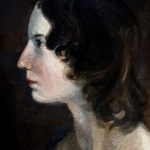




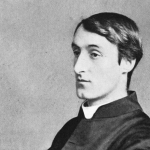







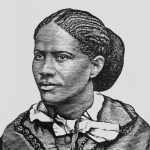
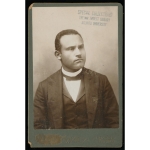
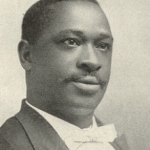

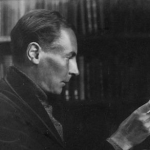
Comment form: